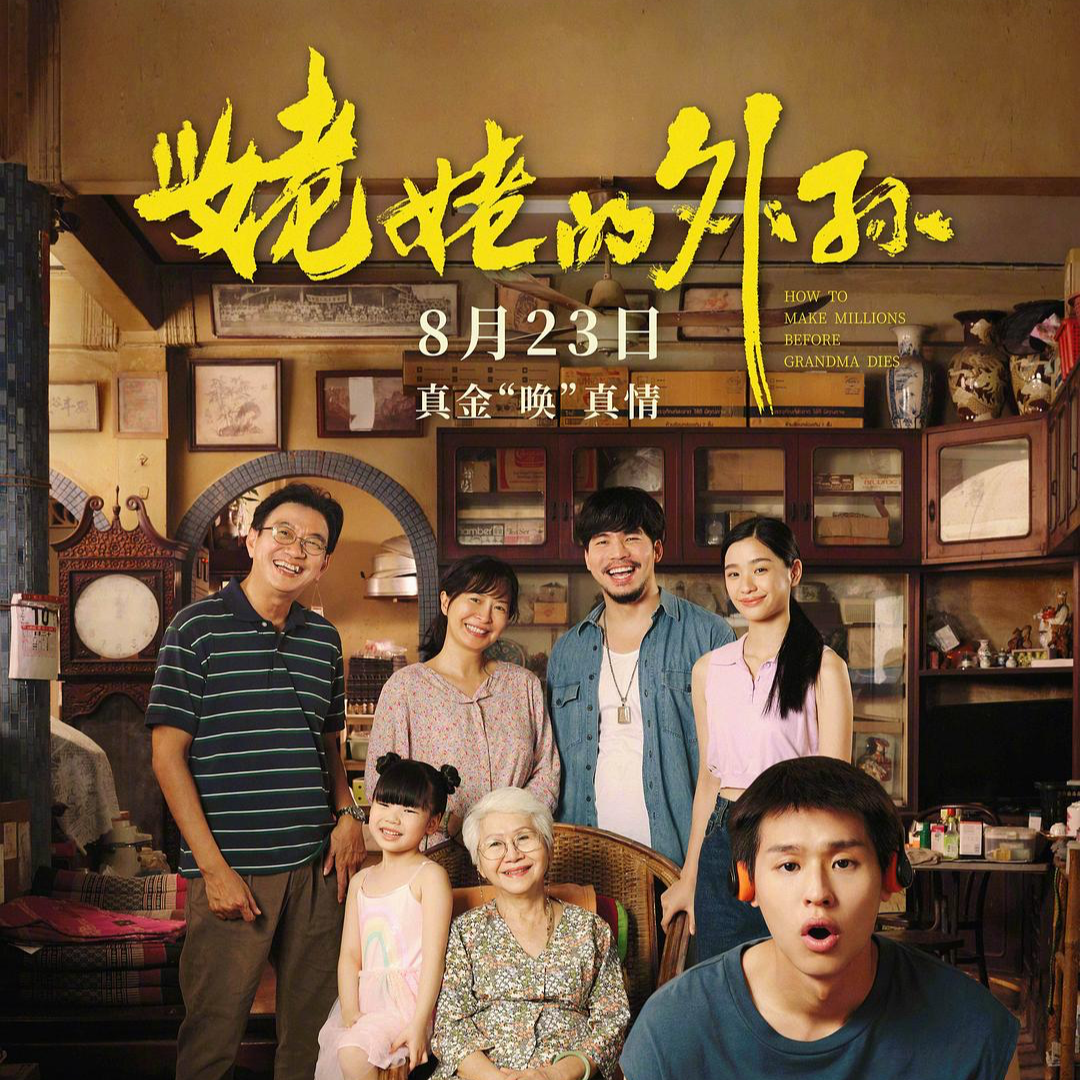
Deep Dive
Why is the Hong Kong film industry currently facing a decline?
The Hong Kong film industry is experiencing a downturn due to reduced workloads, fewer films being produced, and the impact of the pandemic on co-productions with mainland China. Many industry professionals are struggling with financial difficulties, and some have even resorted to extreme measures like suicide. The industry's reliance on high-output directors like Wong Jing and Johnnie To, whose recent films have underperformed, has exacerbated the situation.
What role does Kwun Tong play in the Hong Kong film industry?
Kwun Tong is a significant industrial area in Hong Kong where many film production companies, including Milkyway Image and One Cool Group, are based. It has historically been a hub for filmmaking, but recent superstitions about its declining 'luck' have led some companies to relocate, reflecting broader struggles in the industry.
How has the attitude of Hong Kong filmmakers towards co-productions with mainland China changed?
Previously, many Hong Kong filmmakers opposed co-productions or working on mainland projects, but attitudes have softened. The industry now views the mainland market as essential for survival, despite recent challenges in box office performance. Filmmakers are increasingly open to working in mainland China to secure opportunities.
What distinguishes Hong Kong's approach to scriptwriting from mainland China's?
Hong Kong filmmakers emphasize extensive research and realism, especially in genres like crime and police procedurals. In contrast, mainland producers often prioritize efficiency and emotional impact, treating films more like commercial products. This difference in creative philosophy highlights a gap in how the two regions approach storytelling.
What makes the film 'Grandma’s Grandson' unique in its storytelling?
The film stands out for its male perspective on a female-centric story, blending commercial and artistic elements. It avoids excessive melodrama while addressing themes of family and inheritance. The protagonist’s role as an observer adds depth, and the film balances emotional sincerity with calculated commercial appeal.
How does 'Grandma’s Grandson' address the issue of gender roles?
The film subtly critiques traditional gender roles through its portrayal of a grandmother who favors her sons over her daughter. However, it also softens this critique by having the grandmother ultimately leave her inheritance to her grandson, symbolically acknowledging her daughter’s struggles. This nuanced approach reflects the complexity of familial dynamics.
What cultural elements in 'Grandma’s Grandson' resonate with Chinese audiences?
The film’s depiction of Chinese traditions, such as ancestral worship and family dynamics, feels authentic and relatable. Its setting, which includes elements like a household shrine and Cantonese cultural touches, adds depth and familiarity for Chinese viewers, despite being a Thai production.
- 香港电影行业不景气,工作量减少
- 资深电影人面临失业
- 电影公司关闭或搬迁
- 行业低迷持续近20年,疫情加剧困境
Shownotes Transcript
拖更太久,向大家致歉。
回了趟香港工作,顺便分享一下对电影行业的小观察及聊一部喜欢的戏《姥姥的外孙》。
提前祝大家中秋快乐!
---本期主播---
五色全味 五色小红书)
片尾曲:罗大佑 《家II》
---揾食艰难,请我们喝杯咖啡吧---

